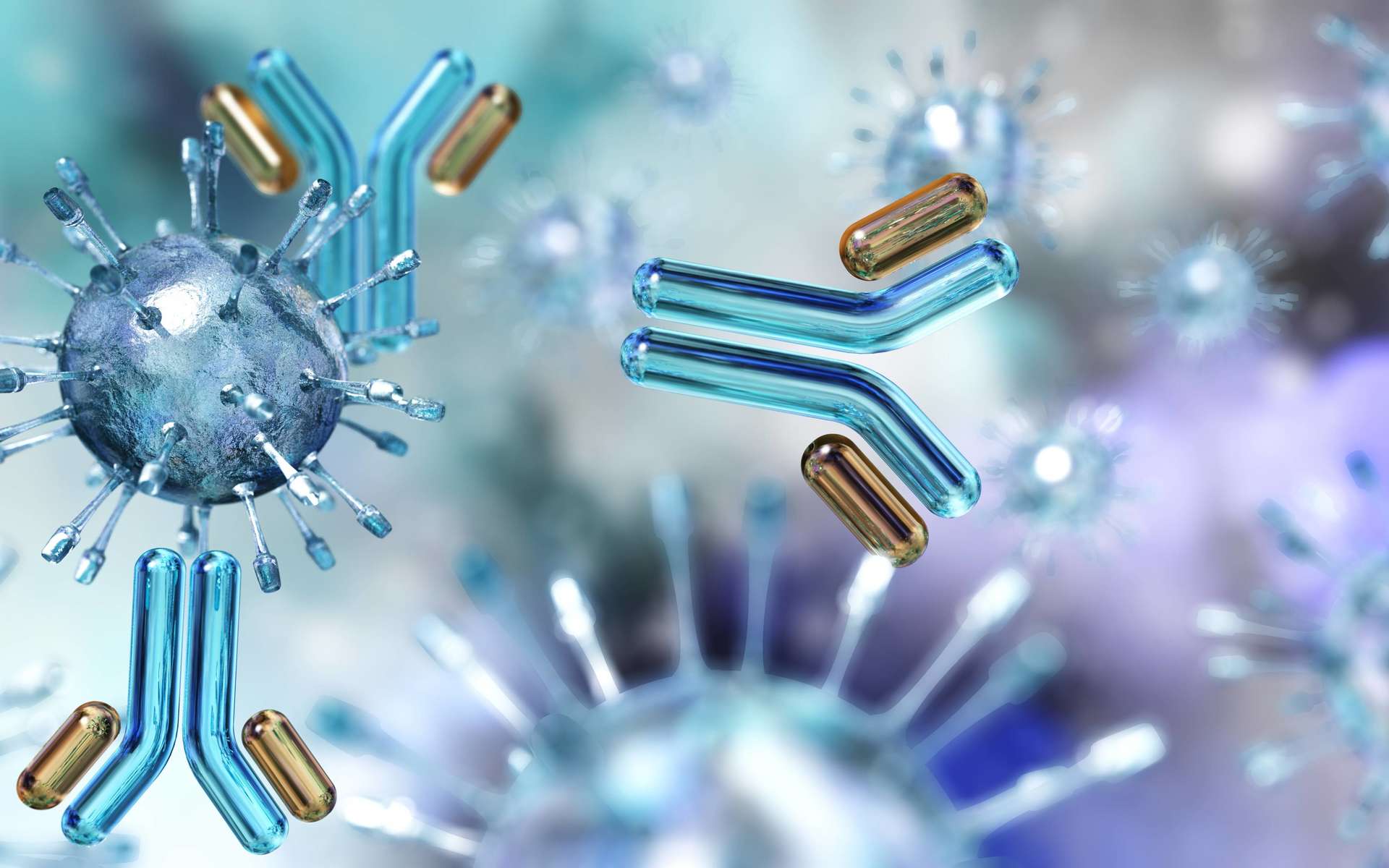Spraying a new nasal spray with an engineered antibody offers strong protection against variants of the SARS-CoV-2 coronavirus in mice. This is the conclusion of a study just published in the journal Nature ( Z. Ku et al. natures https://doi.org/gkctjj; 2021 ).
Since the early stages of the pandemic, research laboratories around the world have focused on antibodies as a treatment for COVID-19. Today, many are in advanced stages of clinical trials, and some have even been approved for emergency use.
A rougher road
Among doctors, however, antibody treatments have not had an easy time, as he says Zhiqiang An. The antibody design engineer at the University of Texas Health Science Center in Houston says the antibody approach has seen mixed success. Those available are administered intravenously, or directly into the respiratory tract, where the virus, for this they must be administered in high doses.

An and his colleagues they designed an antibody for delivery directly into the nose. They scanned a library of antibodies among those capable of recognizing the famous Spike protein, the one that SARS-CoV-2 uses to enter cells. Among the promising candidates were IgG antibodies.
The team laced these fragments of the IgG antibody with the IgM antibody, which acts as a “first responder” in many infections. Engineered IgM had a much stronger “neutralizing” effect on more than 20 SARS-CoV-2 variants than IgG alone. Sprayed into the noses of mice six hours before or six hours after infection, the engineered antibody dramatically reduced the amount of virus in the rodents' lungs two days after infection.
This work is a “major feat of engineering,” he says Guy Gorochov, immunologist at the Sorbonne University in Paris. It is to be believed.


